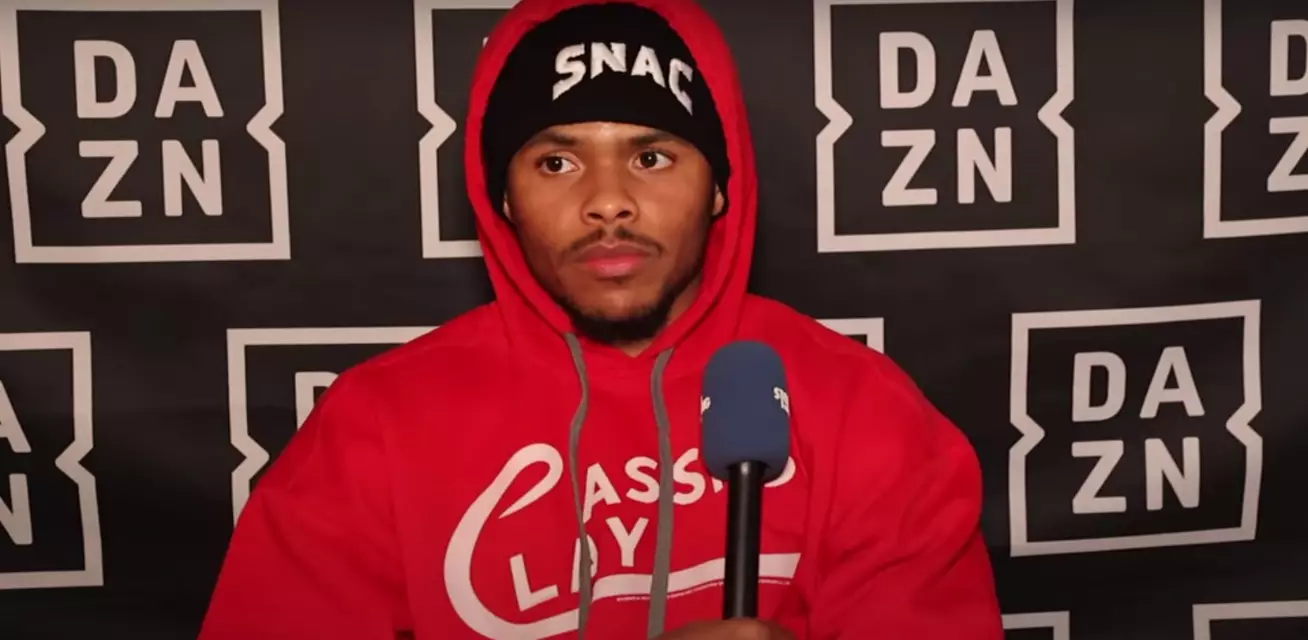Shakur Stevenson, the reigning WBC lightweight champion, finds himself grappling with an unexpected challenge as his slated foe, Floyd Schofield, has fallen ill ahead of their anticipated matchup. This turn of events has compelled Stevenson and his team to seek alternative opponents for the upcoming DAZN Pay-Per-View showdown. The two names emerging as potential replacements—Josh Padley and Moussa Gholam—spark a debate regarding their qualifications to step into the ring with a champion like Stevenson.
Both Padley and Gholam are regarded as subpar contenders with limited accolades on the world stage. Their inclusion as replacements raises questions about the integrity and competitive spirit of the bout. As it stands, there is ambiguity surrounding whether Stevenson’s WBC title will be on the line should either contender assume the role of challenger. Critics might argue that choosing untested opponents exposes a flaw in the champion’s approach to matchmaking.
The situation is compounded by perceptions of karma; Stevenson initially sidelined more established contenders like Andy Cruz, Ernesto Mercado, and Edwin De Los Santos to face Schofield. By opting for an inexperienced fighter, Stevenson may now inadvertently be suffering the consequences of that decision. His choice not only reflects poorly on his judgment but also risks undermining his standing in the lightweight division.
A bout against either Padley or Gholam could potentially tarnish Stevenson’s reputation. His promoter, Eddie Hearn, may lose credibility in the eyes of boxing fans and analysts if he allows Stevenson to battle opponents with unimpressive resumes. Moreover, a lackluster performance against such fighters would diminish Stevenson’s appeal, especially if he seeks to entice star boxers like Gervonta Davis for future clashes. The risk of Davis rejecting a fight based on Stevenson’s weak recent opposition looms large, which could stifle any momentum built during training and camp preparation.
Furthermore, opting to fight unknown entities could make more sense for Stevenson than risking a significant matchup at this juncture. The buried status of the original fight on the undercard might save him from reputational damage at this point. However, it also reflects a missed opportunity to ignite enthusiasm among fans and capitalize on a spotlight moment.
In light of this unfolding scenario, Stevenson’s team should pivot toward a more robust selection of opponents. With Andy Cruz firmly in the WBC’s top ranks, this presents a logical and competitive avenue for Stevenson to explore. A clash against a proven fighter like Cruz would provide a meaningful test and reinstate Stevenson’s drawing power.
While unforeseen challenges in boxing are not uncommon, the importance of strategic matchmaking should never be underestimated. Stevenson’s decisions, particularly in relation to opponent selection, could come back to haunt him. It remains to be seen if he can navigate this challenging moment in his career, but one thing is clear: the fight landscape is unforgiving, and a champion must consistently seek the best competition to solidify their legacy.

